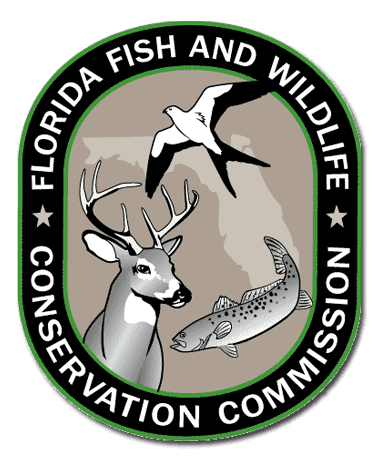Florida’s FWC Protects Giant Sea Anemone; Makes Several Marine Life Management Clarifications

The Florida Fish and Wildlife Conservation Commission (FWC) made several changes and clarifications to marine life management at its September Commission meeting in Tampa. Marine life is defined as tropical ornamental species, which are often collected and displayed in aquariums.
These changes include a three-year prohibition on the recreational and commercial harvest of the giant Caribbean sea anemone. The giant anemone is a popular species in the aquarium trade, but commercial harvesters in the marine life industry have come to the FWC with concerns about declining population numbers, especially after the 2010 cold snap. The three-year closure will allow the species time to rebuild its population numbers. Staff plans to return to the Commission within three years with a proposal for future management of this species.
Other changes and clarifications include:
- Removal of unicorn filefish, sand perch and dwarf sand perch from what is considered marine life, which will allow these species to be harvested with traditional fishing gear, such as hook and line and cast net, and without the requirement that they be kept in an aerated live well. The recreational bag limit of five of each species per day will no longer apply.
- Clarifying that size limits for angelfish extend to any hybrid forms of the species.
- Clarifying that commercial size limits for angelfish and butterfly fish apply to all harvesters, including recreational.
- Clarifying that the reefs built by Sabellarid tube worms are live rock and, therefore, cannot be harvested.
- Prohibiting the harvest of black corals, which are already prohibited from harvest in federal waters.
- Expanding the definition of snapping shrimp to include all marine life snapping shrimp species.
The FWC staff hosted five workshops across the state in April and May to gather input on the proposed changes and other marine life issues, and most attendees supported the proposed changes.
The management changes will affect harvest in Florida state waters, nine nautical miles from shore in the Gulf of Mexico and three nautical miles from shore in the Atlantic. State regulations extend into federal waters for all species listed above, with the exception of black coral and live rock, which already have federal regulations in place prohibiting their harvest.
To learn more about these changes, visit MyFWC.com/Commission and follow the links to the agenda for the Sept. 5-6, 2012 Commission meeting.

